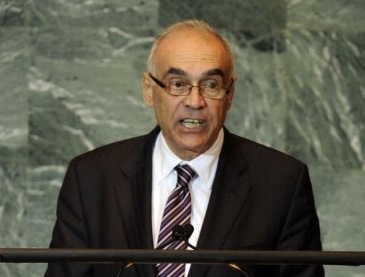The United States shared classified intelligence with Syria’s new government concerning threats posed by the Islamic State group, according to The Washington Post. This intelligence sharing, conducted directly rather than through intermediaries, reportedly helped thwart an IS attack on a religious site near Damascus in early January.
Unnamed US officials confirmed to The Washington Post that the intelligence exchange began approximately two weeks after the rebels assumed power, following the overthrow of Bashar Al-Assad’s regime on 8 December. The subsequent return of Syrian refugees suggests a degree of stability under the new leadership.
“It’s the right, prudent, and appropriate thing to do, given that there was credible, specific information [about Islamic State threats], and coupled with our efforts to cultivate a relationship with these guys,” a former US official told WP.
Following the regime change, the administration of then-President Joe Biden began cautiously interacting with the rebels and their leader, Ahmed al-Sharaa. The policy direction of the new US President, Donald Trump, towards Syria remains unclear, although he has previously expressed reluctance to intervene in the country’s affairs.
The exchange of intelligence data is not unusual, another former official explained. “We share intelligence with the Russians. We share intelligence with the Iranians when we have particular threats and, in some cases, a duty to warn… Even when our interests aren’t perfectly aligned, we have a responsibility, in some cases, to share intelligence,” he said. The US Central Intelligence Agency declined to comment on the report.
Meanwhile, on Saturday, Al-Sharaa met in Damascus with the United Nations High Commissioner for Refugees, Filippo Grandi. The Syrian state news agency, SANA, reported that Syrian Foreign Minister Asaad Al-Shaibani also attended the meeting, but provided no details of the discussions. Al-Sharaa previously predicted that most Syrian refugees would return within two years.


